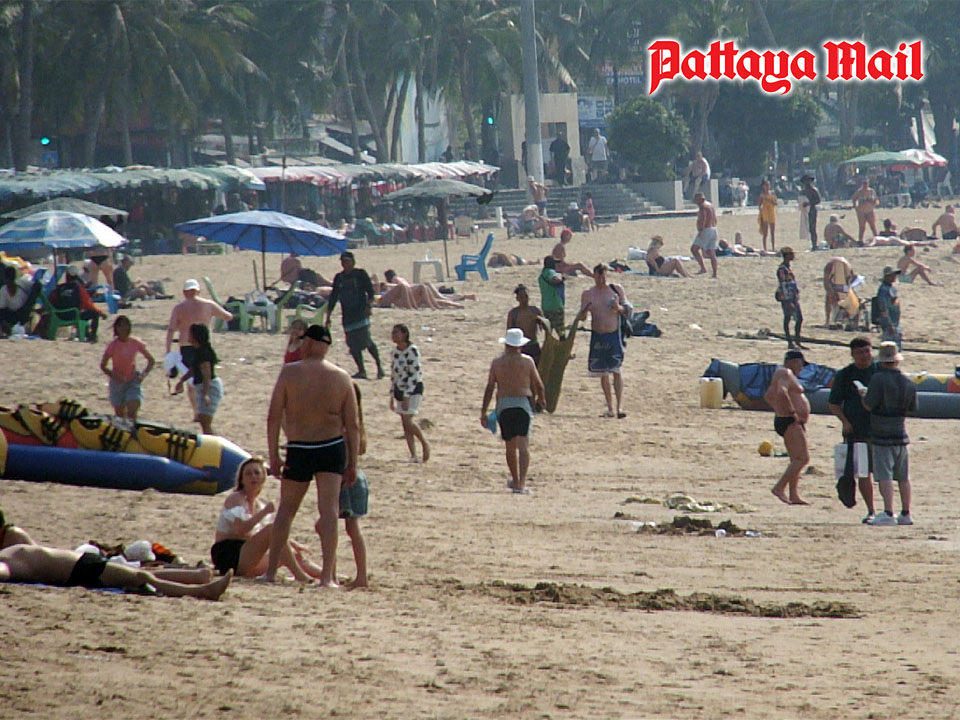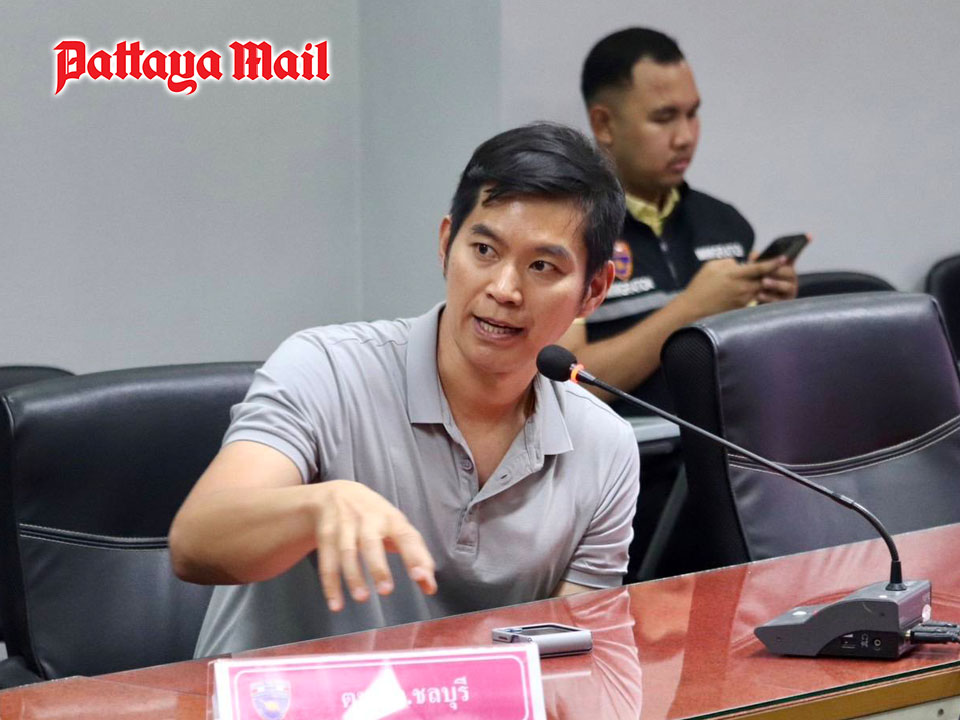
PATTAYA, Thailand – The free visa policy for tourists visiting Pattaya and other parts of Thailand has been a topic of considerable discussion. According to Boonanan Phatthanasin, President of the Pattaya Business and Tourism Association, the free visa initiative has played a significant role in boosting tourism. It has attracted a growing number of travelers to Thailand, contributing to the economy and supporting the tourism industry, particularly in Pattaya. However, while the policy has had positive effects, there are both advantages and disadvantages to consider.
Pros of the Free Visa Policy:
Increased Tourist Arrivals: The free visa policy makes it easier for international tourists to visit Thailand, which has led to a noticeable increase in the number of visitors. As a result, businesses, hotels, and other tourism-related industries in Pattaya have benefited.
Economic Stimulus: By attracting more tourists, the policy helps generate additional revenue in various sectors, from hospitality to retail. The increase in tourists also has a positive impact on local economies, helping stimulate job creation and growth.
Promotion of Tourism: The policy helps promote Thailand as a popular destination for travelers, further enhancing the country’s reputation as a leading travel hub in Southeast Asia.
Easier Travel Decision: The elimination of visa fees and processes has made it easier for tourists to decide to visit Thailand, leading to higher international interest and fostering global tourism connections.
Cons of the Free Visa Policy:
Risk of Influx of Problematic Tourists: While the policy attracts many tourists, it also allows some individuals with less positive intentions to enter the country. Some may engage in illegal activities or cause disturbances, which can affect the country’s image and safety.
Security and Safety Concerns: The lack of a strict screening process can potentially allow individuals with criminal backgrounds to enter, posing security risks. Some regions have already seen incidents where certain tourists have disrupted local communities, as evidenced by a recent situation in Pai.
Difficulty in Tracking Visitors: The scrapping of the “Immigration Form 6” has made it harder for authorities to track tourists’ whereabouts, which could become a problem if issues arise. The government needs to improve monitoring measures to ensure visitors’ information is accurately recorded, making it easier to follow up if problems occur.
Potential Negative Impact on Local Communities: While the majority of tourists are responsible and respectful, some may engage in disruptive behavior that could affect the local population. This may include disrespecting cultural norms or creating disturbances, as noted by Boonanan in his comments about incidents in Pai. Authorities should focus on educating tourists on acceptable behavior and providing clear guidelines to minimize disruptions.
Boonanan suggested that the government could improve the free visa policy by implementing a more comprehensive screening process for tourists. Specifically, tourists should be required to provide clear accommodation details, helping authorities track their movements in case of any issues. Additionally, he stressed the importance of communication campaigns that educate tourists on appropriate behaviors to maintain the country’s reputation and harmony.











